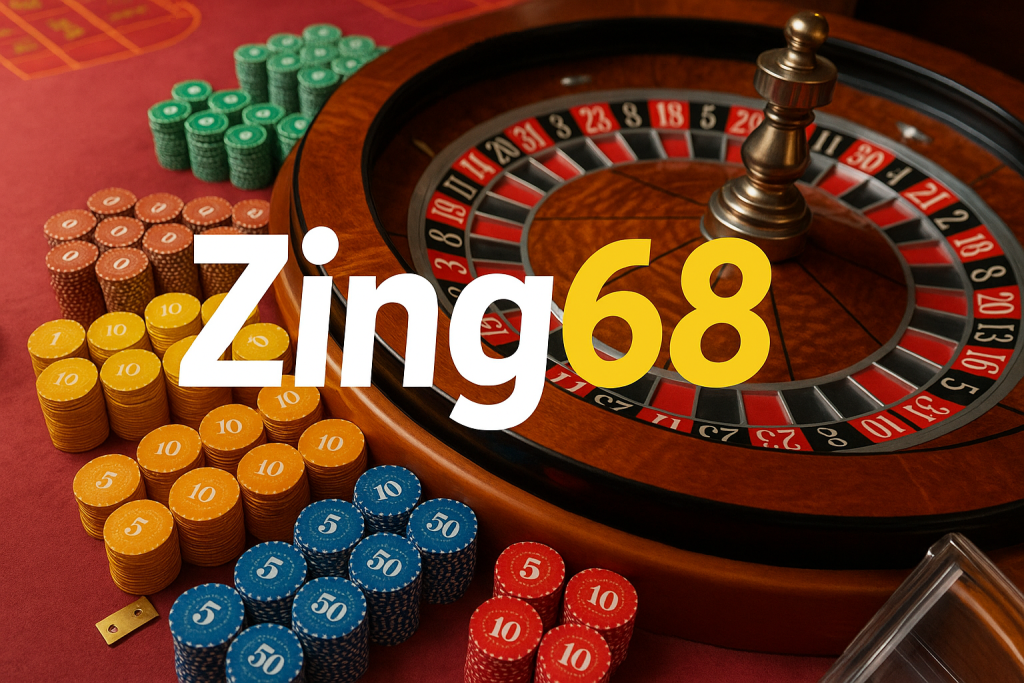
Casino games are not just about luck and strategy — they also tap deeply into human psychology. The thrill of risking money for a potential reward can create a powerful emotional experience. This psychological pull is one reason why online casinos continue to grow rapidly. A platform like Zing68 uses these psychological principles to design games that are both entertaining and engaging.
At the heart of many casino games is the concept of reward anticipation. When a player places a bet and waits for the outcome their brain releases dopamine — the same chemical associated with pleasure and excitement. This anticipation can be more thrilling than the win itself and it drives people to keep playing. Slot machines for example are designed to deliver near-misses that trick the brain into thinking a win is just around the corner.
Another key factor is the illusion of control. Games like blackjack or poker give players the sense that their decisions can influence the outcome even though chance still plays a major role. This perception makes players feel more confident and involved which increases the time they spend playing.
Sound and visuals are also powerful tools used by casinos to influence behavior. Flashing lights cheerful jingles and celebratory animations can make even a small win feel significant. These sensory rewards reinforce positive behavior and encourage continued play. Online casinos take this to another level with immersive graphics and sound design that create a high-energy environment.
Time distortion is another psychological effect often seen in casino settings. Without clocks or windows players can easily lose track of time. Online platforms replicate this by offering constant play options and fast-paced rounds. The continuous nature of the games keeps players engaged for long periods without them realizing how much time has passed.
Losses disguised as wins are a common tactic especially in slot games. For example if a player bets ten coins and wins back five the game may still play celebratory sounds and visuals. This makes the loss feel like a win reinforcing the desire to keep playing despite an overall loss. This phenomenon is well-documented in gambling psychology studies.
Online casinos also use reward systems like bonuses free spins and loyalty points to keep players coming back. These intermittent rewards are similar to how social media apps keep users engaged. You never know when the next big win or bonus will arrive so players stay active hoping for the next reward.
Social proof plays a role as well. Seeing others win or reading about big jackpots can make players feel that they could be next. Leaderboards recent winners and shared victories are often displayed prominently to create a sense of community and possibility.
Responsible gambling features are important in counteracting some of these psychological effects. Many online casinos now include tools like deposit limits session timers and self-exclusion options to help players stay in control. These tools reflect a growing awareness of the psychological impact gambling can have and the need to protect users from addiction.
In conclusion understanding the psychology behind casino games helps explain why they are so compelling. From reward anticipation and sensory stimulation to illusions of control and time distortion these games are carefully designed to keep players engaged. By being aware of these effects players can make more informed decisions and enjoy casino gaming as a form of entertainment rather than a source of stress or financial risk.